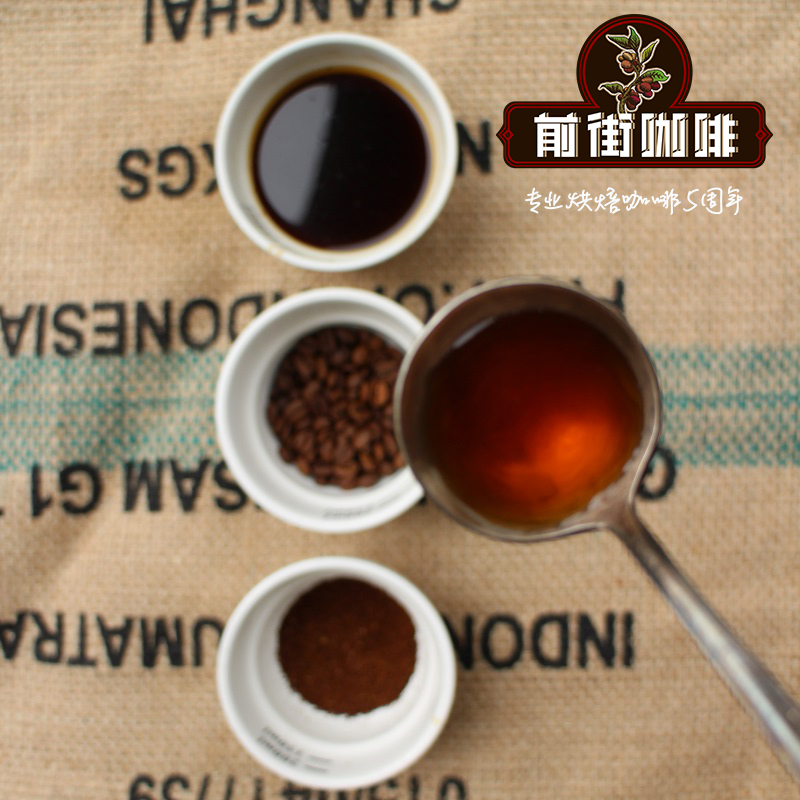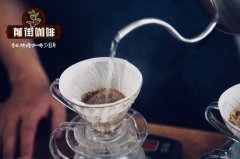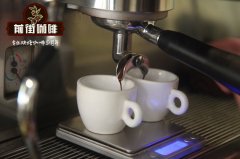How to cook coffee beans can you cook coffee beans directly? how to choose the water used to make coffee?

Professional coffee knowledge exchange More coffee bean information Please pay attention to coffee workshop (Weixin Official Accounts cafe_style)
Espresso coffee is about 88% water, while drip coffee is 98% water.
You have to understand that not all water is of the same quality.
The quality of brewed coffee should be: neutral and tasteless
Not all water tastes the same. The taste of water varies with the proportion of minerals and trace elements in the water. Another variable is the chlorine content of the water (tap water). If you want a good cup of coffee, you must use pure, odorless fresh water.
It brings out the aroma of coffee.
Mineral salts (sodium, magnesium, calcium, etc.) and other trace elements affect the taste of water and its ability to extract aromatic substances. When the water temperature reaches 180 ° C (pressure exceeds one atmosphere), minerals in the water can be isolated. According to taste test results from the Specialty Coffee Association of America (SCAA), coffee is rated best when its total dissolved solids (TDS) is around 1.5%. So if you want to brew coffee with balanced flavor, you have to use water with a temperature of 180 ° C and a dissolved solids content of 150 mg per liter.
Water quality is moderate
The most important part of the water used to brew coffee is that the temporary hardness of the water (also known as carbonate hardness) should be between 3 and 5ºdH*. The permanent hardness of the water should be less than the temporary hardness to avoid sediment formation; confirm the balance of essential minerals in the water to ensure the best flavor of coffee. If the water quality is too hard, it will generate scale in the heating pot and various coffee machines; if the water quality is too soft, the temporary hardness will lose the function of buffering the pH value, which will increase the risk of corrosion of the metal parts of the coffee machine.
simple summary
● If the water is too hard, the lime in the water will deposit in the coffee machine.
If the water is too soft, it will burn out the boiler.
After all, it was better to choose scale…
dH is the German unit of hardness for measuring water quality. 1ºdH=17.6ppm
Chemistry Tips
Perhaps after reading the introduction above, you still feel that it is not clear enough? Don't panic, we'll briefly introduce water hardness and pH value next.
Important Notice :
前街咖啡 FrontStreet Coffee has moved to new addredd:
FrontStreet Coffee Address: 315,Donghua East Road,GuangZhou
Tel:020 38364473
- Prev

How to brew coffee beans and how long it is best to drink the most popular coffee brewing tools this year
Professional coffee knowledge exchange more information about coffee beans Please follow the coffee workshop (Wechat official account cafe_style) is it difficult to make coffee at home? In fact, bringing a cup of coffee to yourself is already an indispensable part of living in the city, whether it's going to a supermarket, a chain coffee shop or your own roasting coffee shop. We use the aroma of coffee to relieve the pressure at work.
- Next

How to make coffee at home? Where to learn to make coffee?
Professional coffee knowledge exchange More coffee bean information Please pay attention to coffee workshop (Weixin Official Accounts cafe_style) Water is an indispensable element of a good cup of coffee. This article is not about which water is best for brewing coffee, but about the effect of the type of water on the taste of coffee. . Water has hard water and soft water. There are two kinds of drinking water that are good to drink. It does not mean that they can definitely drink.
Related
- What is the meaning of lactic acid fermentation with coffee bean treatment?
- How to judge the state of foam by sound?
- How does the latte pull out the unicorn pattern? Come to get for a little trick to improve the flower pull!
- Will flower pulling affect the taste of the latte?
- Do you know the history of coffee?
- The difference between honey treatment and sun washing what is raisin honey treatment?
- What kind of milk can a novice use to make coffee foam to keep the foam longer? The correct method and skills of milking tutorial sharing
- Why do washed coffee beans taste sour? Flavor characteristics of washed Coffee
- Introduction to the skill of how to practice the size and height of water injection around the circle of hand-brewed coffee
- How do beginners practice coffee flower drawing from scratch?

